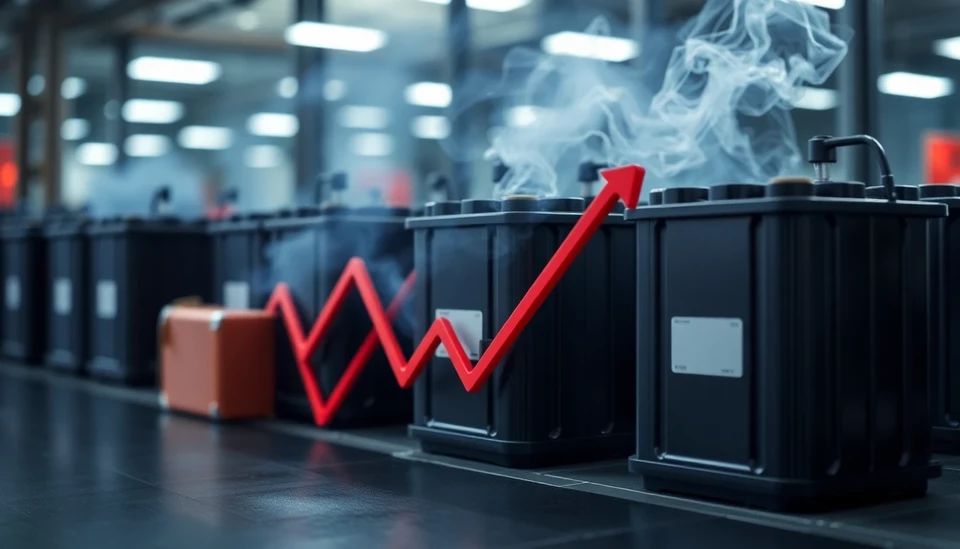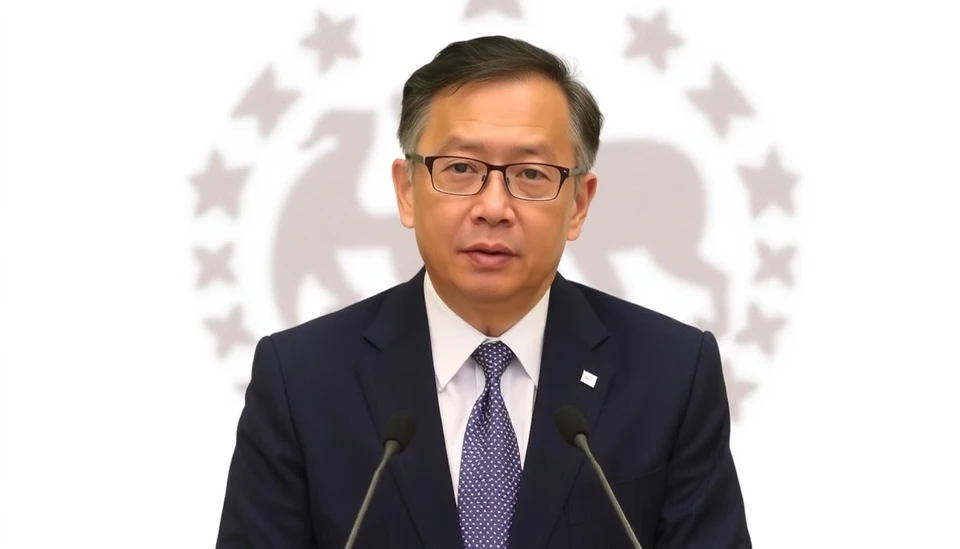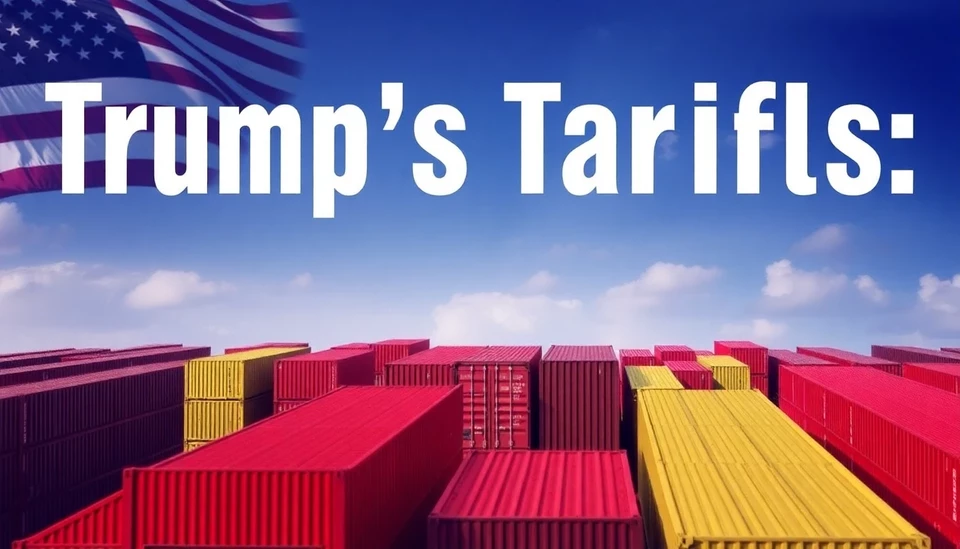
In a significant shift within the global battery market, experts are predicting that ongoing trade tensions are likely to slow down the rapid decline in battery prices traditionally observed over recent years. This change is expected to become evident by 2025, posing challenges for industries reliant on affordable battery solutions, particularly in the electric vehicle (EV) sector.
The backdrop to this forecast involves a series of geopolitical conflicts and tariffs that have arisen between major economies. Notably, tensions between the United States and China have intensified, leading to increased costs of raw materials essential for battery production. These materials, which include lithium, cobalt, and nickel, are crucial for building efficient and powerful batteries needed for electric vehicles and renewable energy storage systems.
Industry analysts assert that while the cost of battery packs has steadily decreased over the last decade—from approximately $1,200 per kilowatt-hour in 2010 to roughly $130 per kWh in 2022—the pace of this decline could face obstacles ahead. Factors contributing to a potential slowdown include higher tariffs, supply chain disruptions, and escalating costs for raw materials due to the trade wars. As countries explore more stringent policies surrounding mineral extraction and manufacturing practices, industry players are bracing for an uncertain future.
Many stakeholders in the electric vehicle market are particularly concerned about how these trade dynamics might affect the affordability and availability of batteries. The recent surge in demand for electric vehicles, spurred by climate change agendas and governmental initiatives to lower carbon emissions, hinges heavily on the ability to source affordable battery technology. An increase in battery prices could ultimately hinder the widespread adoption of EVs, dulling the momentum that has been built in recent years.
Additionally, although some automakers and manufacturers have begun diversifying their supply chains to mitigate risks associated with reliance on specific countries for materials, such realignment efforts take time and often require substantial investment. Further complicating matters, environmental regulations may dictate that nations adopt more sustainable, albeit costlier, mining practices to secure these critical minerals.
Investors and industry experts are keenly watching the developments in this arena, recognizing the direct implications on economic growth and technological advancement. With both the energy and transportation sectors tightly interlinked, any significant bumps on the road to battery affordability could stifle progress towards greener energy and innovative solutions tailored for future generations.
Looking ahead, the next few years are set to be crucial for the global battery market, with trade relationships, technological advancements, and policy measures all playing pivotal roles in shaping an uncertain landscape. As the world continues its transition toward electrification, the stakes couldn't be higher, and stakeholders must tread carefully to navigate this evolving environment.
With these emerging challenges, it remains to be seen how quickly the industry can adapt to a new normal as experts call for a more robust discussion about battery supply chain resiliency amidst rising geopolitical tensions.
#TradeWars #BatteryPrices #ElectricVehicles #EVMarket #GlobalEconomy #SustainableEnergy #RawMaterials
Author: Peter Collins




